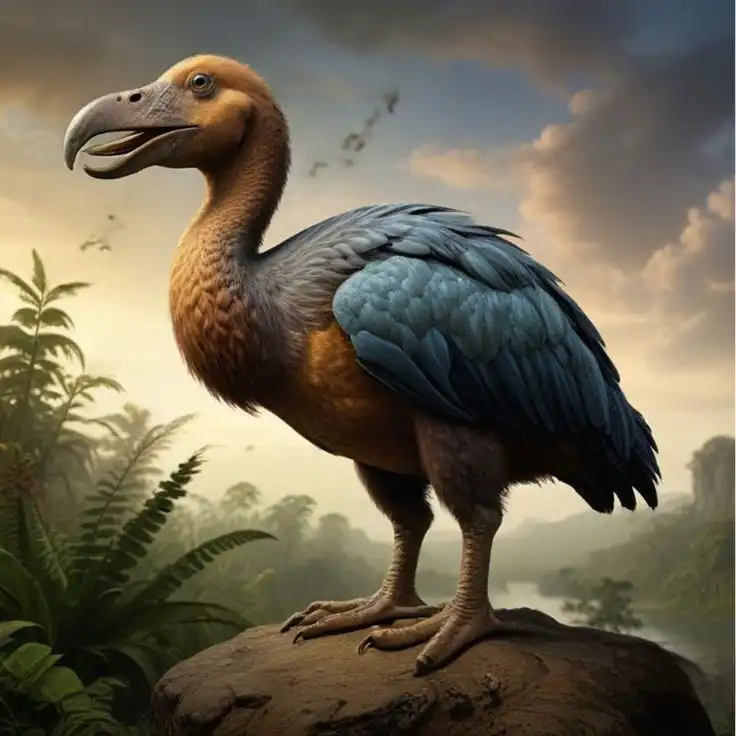The dodo is one of the most famous extinct creatures in history. This flightless bird, once native to the island of Mauritius in the Indian Ocean, symbolises how human actions can greatly affect the natural world. But why did the dodo disappear forever? Let’s explore its story.
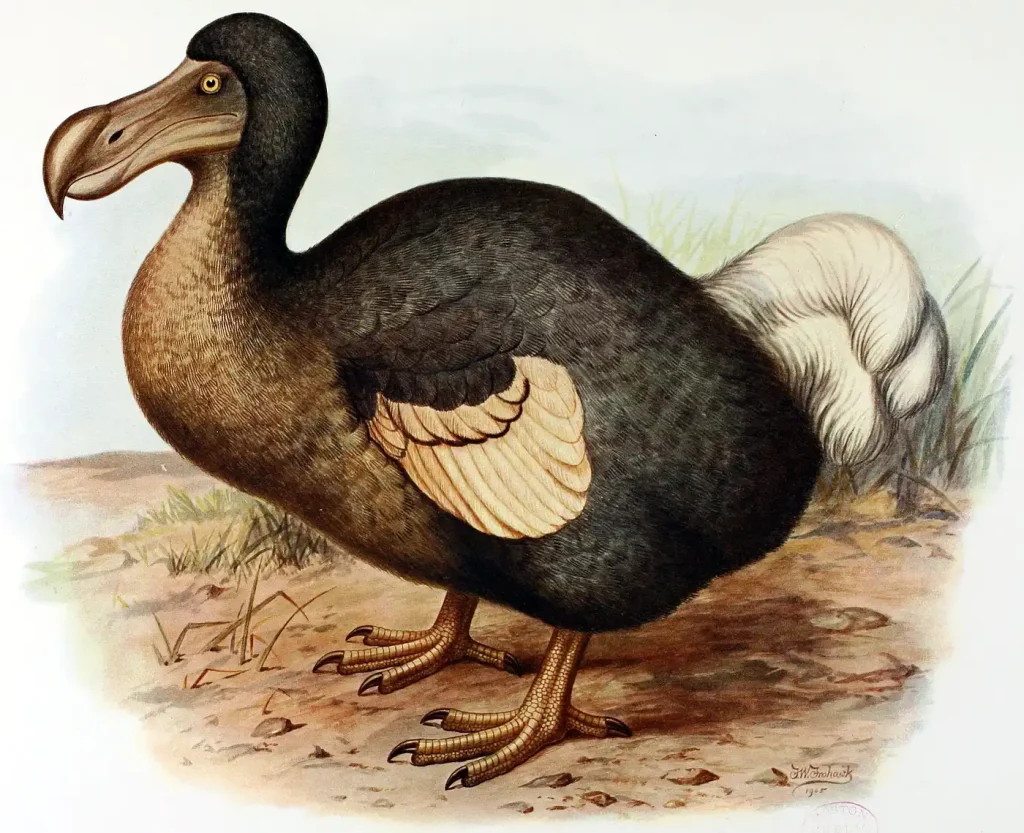
What Was the Dodo?
The dodo was a large, flightless bird that belonged to the pigeon family. It lived on the island of Mauritius, where it had no natural predators. This meant it could lay its eggs on the ground and feed peacefully on fruits, seeds, and roots. Scientists believe the dodo evolved to be flightless because it didn’t need to escape predators.

Standing about 3 feet (1 metre) tall and weighing up to 15 kilograms (33 pounds), the dodo had a stout body, short legs, and a curved beak. Its appearance might seem unusual, but it was perfectly suited for its environment.
How Did the Dodo Go Extinct?
The dodo’s extinction was caused by several factors, all linked to human activity. Here’s how it happened:
1. Arrival of Humans
In 1598, Dutch sailors arrived on Mauritius. They discovered the dodo, a bird that had never seen humans before. The dodo was not afraid of people, which made it an easy target for hunting. The sailors hunted dodos for food, although some accounts suggest they found its meat tough and unappetising.
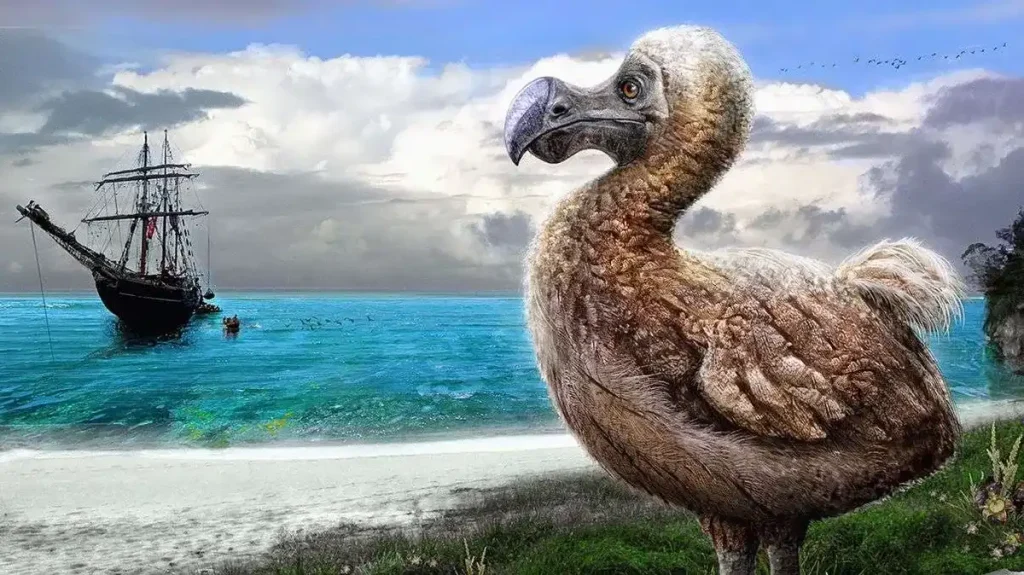
2. Introduction of New Animals
Humans brought animals like rats, pigs, and monkeys to Mauritius. These animals fed on dodo eggs, which were laid on the ground. With no defences against these new threats, the dodo’s population began to decline rapidly.
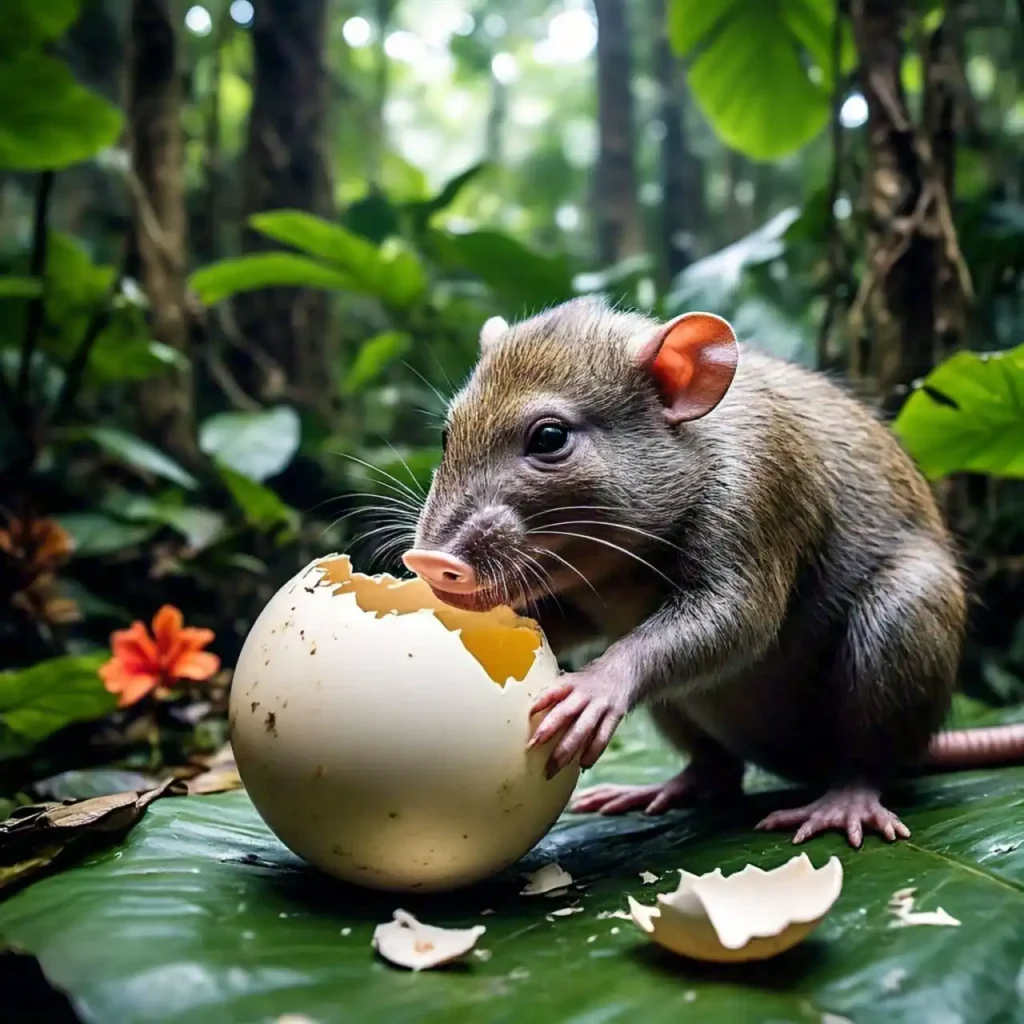
3. Habitat Destruction
The settlers cleared forests to build settlements and grow crops. This destroyed the dodo’s natural habitat, leaving it with fewer places to live and find food.

The Last Dodo
By the late 1600s, the dodo had completely disappeared. The last confirmed sighting of a dodo was in 1662. Within just about 64 years of humans arriving on Mauritius, this unique bird was gone forever.
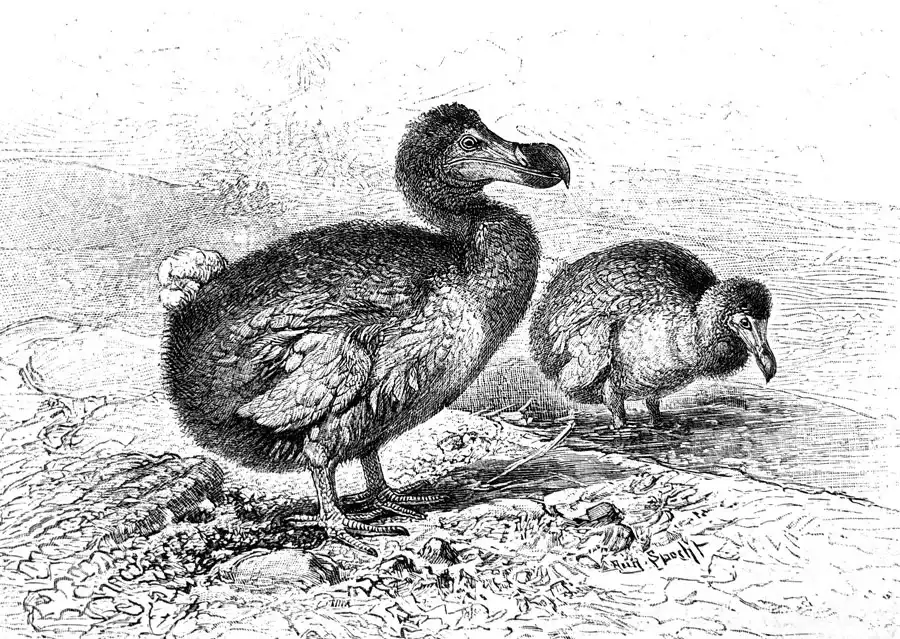
Why Is the Dodo Important?
The dodo’s extinction teaches us valuable lessons about the impact humans can have on nature. It shows how introducing new animals to an ecosystem, hunting, and habitat destruction can lead to irreversible changes. The story of the dodo reminds us to protect the creatures and environments we have today.
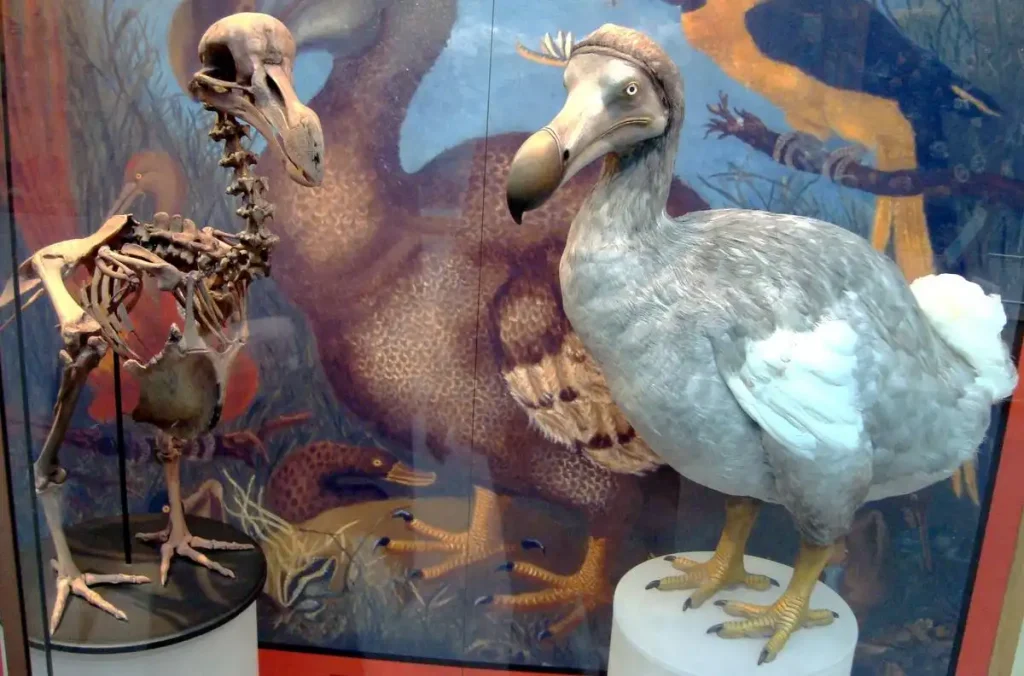
Could the Dodo Return?
Some scientists are exploring the possibility of bringing back the dodo using DNA technology. While this might sound exciting, it raises many questions about ethics and the practicality of reintroducing an extinct species into the modern world. Would the dodo survive in today’s Mauritius? Would it have a place in its changed ecosystem?

Fun Facts About the Dodo

- The dodo’s closest living relative is the Nicobar pigeon.
- The name “dodo” might come from the Portuguese word “doudo,” meaning “foolish” or “simple.”
- The dodo appeared in the famous book Alice’s Adventures in Wonderland by Lewis Carroll.
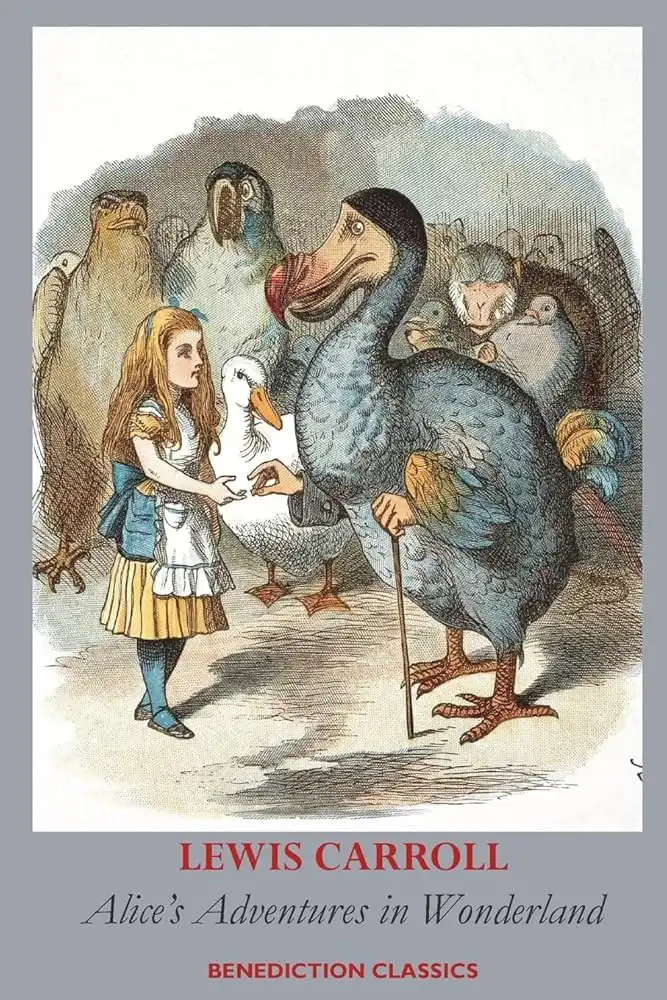
Conclusion
The dodo’s story is a powerful reminder of the fragility of life and the importance of preserving biodiversity. While we can’t bring back the dodo, we can learn from its extinction to protect other species from meeting the same fate. Let’s ensure that the story of the dodo inspires us to create a better future for all living creatures.
For more interesting articles, please visit www.kidzherald.com

